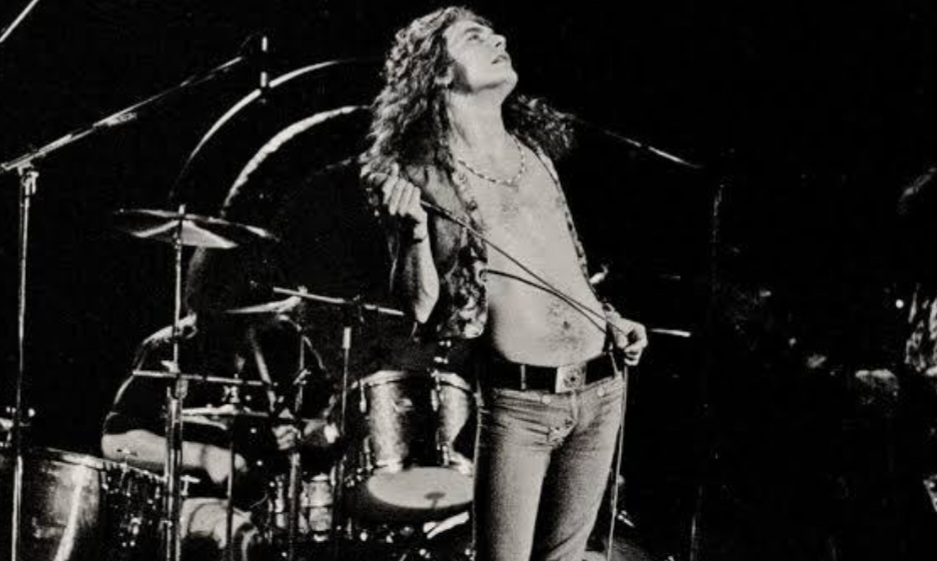
The Bold Move That Shaped Rock History: How Turning Down Woodstock Propelled Led Zeppelin to Iconic Status
In 1969, the Woodstock festival became an iconic moment in music and counterculture, drawing half a million people to witness Jimi Hendrix’s legendary performance. Yet, one major band, Led Zeppelin, wasn’t part of the historic gathering. At the time, their manager, Peter Grant, made the bold decision to turn down the festival, fearing the band would be typecast as just another “hippie” act.
This move proved to be a key turning point for Zeppelin. While Woodstock represented the peak of the counterculture movement, the band sensed that the times were shifting. The free-spirited, flower-child ideals of the 1960s were beginning to feel outdated, and Led Zeppelin wanted to position themselves as leaders of a new era. They weren’t interested in riding the coattails of the past; they wanted to create their own revolution.
Instead of playing Woodstock, Led Zeppelin took their high-energy rock and blues sound to a New Jersey venue, where they played to a smaller but intensely loyal crowd. The decision to bypass Woodstock allowed them to avoid being associated with the festival’s idealistic, peace-and-love vibe. As the tragic Charles Manson murders cast a shadow over the era, Led Zeppelin’s refusal to join the “old guard” gave them a darker, more powerful aura. They weren’t just part of the revolution; they were reshaping it. By turning down Woodstock, Led Zeppelin carved their own path, laying the foundation for their legendary status in rock history.






